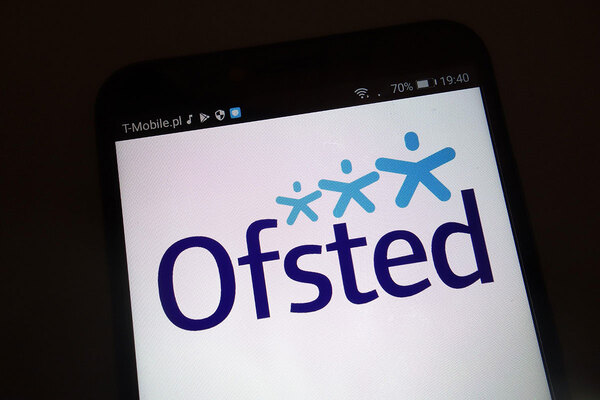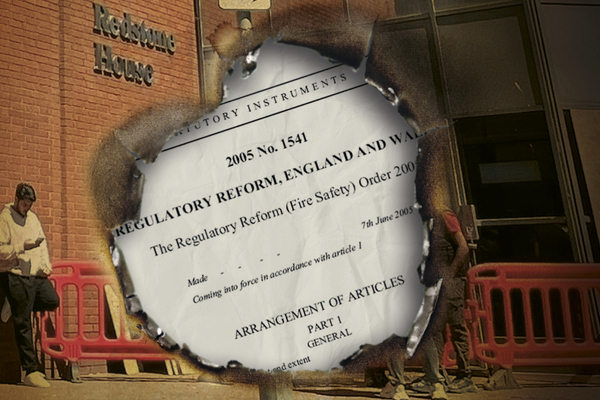St Mungo’s highlights ‘perverse’ anomaly in benefit system that disincentivises people to work
Homelessness charity St Mungo’s has pointed out a “perverse” anomaly in the benefit system that disincentivises people in supported housing to work.

This is because of how many people on benefits now solely receive Universal Credit (UC), while people in supported housing still receive housing benefit to pay their rent and UC only for living costs.
Due to the way the two benefits interact under the current system, people in supported housing can “become worse off when they work more”, according to Emma Haddad, chief executive of St Mungo’s.
This risks people being unable to pay for their accommodation if they were to work for more than a certain number of hours per week.
The charity said this is partly due to a mismatch in the taper rates between UC and housing benefit, as well as the current ‘disregard for earnings’ threshold for people on the latter system.
The taper rates for UC and housing benefit are set at 55% and 65% respectively, which means people on UC lose 55p of benefit for every pound earned, whereas those on housing benefit lose 65p for every pound earned.
For people in supported living, initially as their earnings increase, their UC tapers off at the 55% rate. But when they earn enough that their UC claim hits £0, the 65% taper rate of the housing benefit kicks in instead – then they see a steep drop in income as they suddenly lose 65p instead of 55p for every pound they earn.
Exacerbating this is the low current ‘disregard for earnings’ threshold – mandating the income threshold at which housing benefit tapers off – which is set at £5 per week (there is no disregard threshold for UC).
St Mungo’s said this combination of factors creates a “cliff edge” after which housing benefit recipients become worse off as they increase their hours, whereas people in the private rented sector see their income gradually progress as they increase their working hours.
Ms Haddad described the supportive housing work disincentive as “a perverse part of the system”.
She told Inside Housing that the charity is working with people who are “scared” to look for work in case they lose too much of their housing benefit and others who have had to reject extra hours offered by their employer – sometimes losing their job as a result – because their overall income would reduce.
Ahead of the Autumn Budget, St Mungo’s is calling for “parity” between the housing benefit and UC taper rates, with both set at 55%, and for the disregard for earnings threshold to be increased from £5 income per week to £57 per week. These are measures that the charity said would eliminate the disincentive.
Ms Haddad said increasing the disregard threshold to £57 per week would “go a long way to stop that cliff edge” after which a housing benefit recipient becomes worse off by increasing their hours.
“What we really need to see is the first part of your earnings disregarded in benefit terms, so your benefit isn’t impacted,” she explained.
A survey carried out by St Mungo’s in 2023 showed that almost a third of its clients living in supported housing were concerned about working because of how it would affect them financially.
There are an estimated 634,000 supported housing units in Great Britain, including older people’s housing, housing for people with a learning disability and autistic people, and housing for people experiencing homelessness, according to a study commissioned by the Department for Work and Pensions in 2023.
The government maintains it is working with stakeholders to explore improvements it can make to incentivise work for residents of supported and temporary accommodation.
A spokesperson added: “People receiving housing benefit are always better off in work thanks to the income taper, and we are exploring more improvements to further incentivise work for residents of supported and temporary accommodation.
“We’re also shifting our focus from welfare to work, skills and opportunities so people have the support they need to move into good, secure jobs.”
The government also highlighted its introduction of the National Minimum Wage, Living Wage and a new Fair Repayment Rate, which reduces the amount that can be deducted from UC from 25% to 15%. This came into effect on 30 April this year.
Sign up for our care and support newsletter
Already have an account? Click here to manage your newsletters
Latest stories











